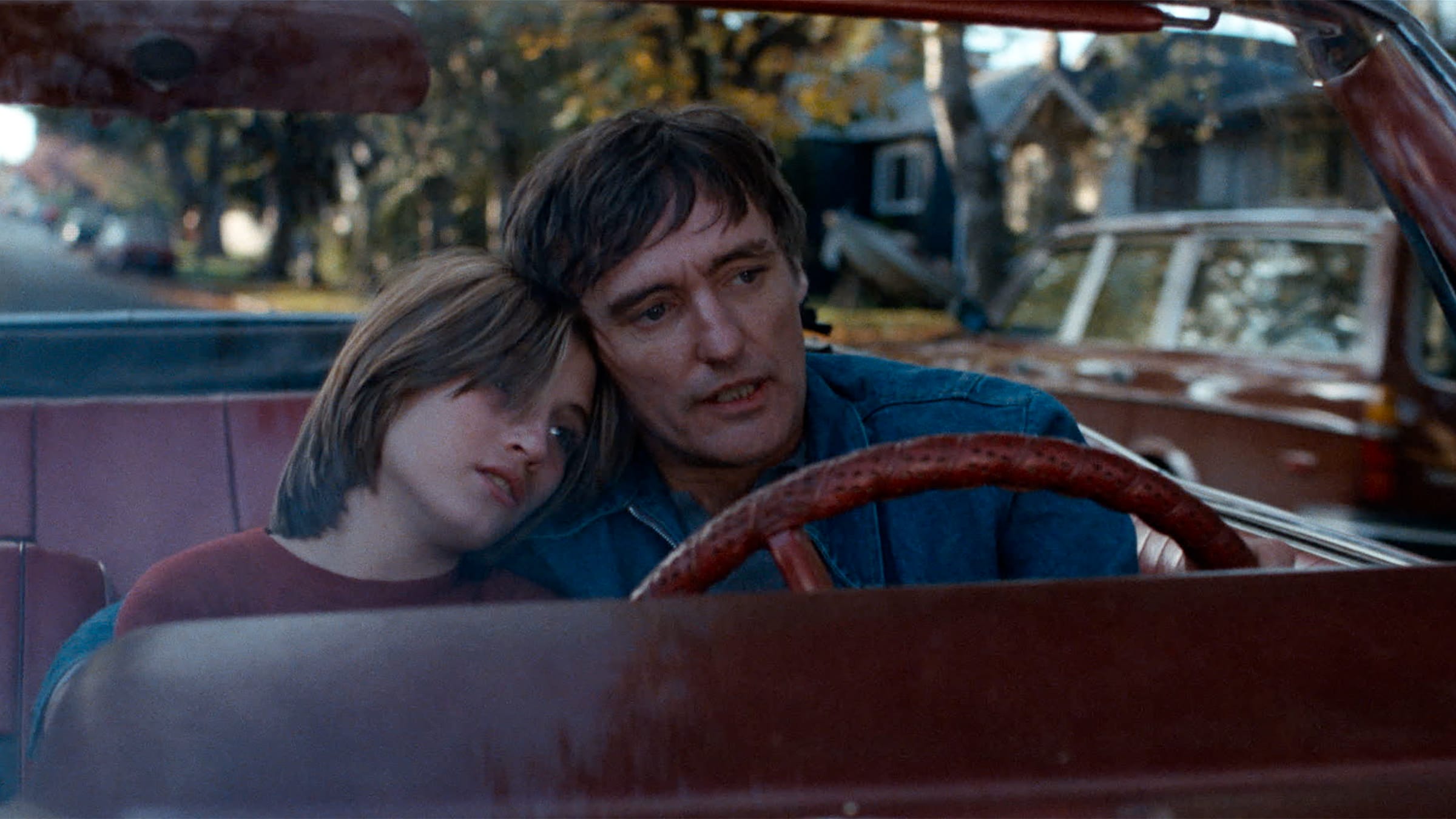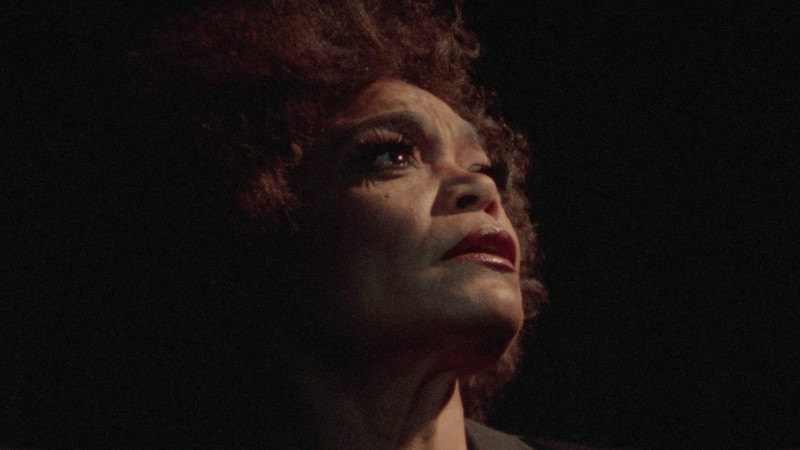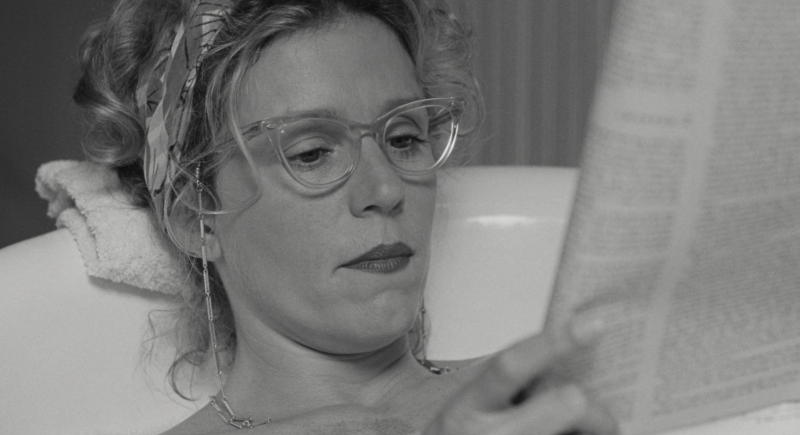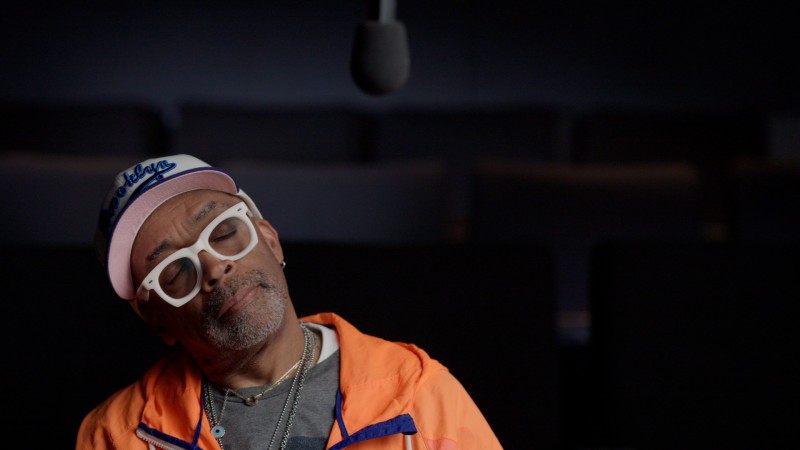After its premiere, two years passed before it was released in Vancouver and New York. Critics admired the film—Jonathan Rosenbaum described it as “an heir to the mantle of Nicholas Ray’s angst-fueled lyricism,” tracing a thread back to Hopper’s acting debut in Rebel Without a Cause; Janet Maslin characterized it as a “work of affecting, if largely unexplained, intensity.” Soon, though, Out of the Blue would disappear into near-oblivion. A handful of future champions managed to find their way to it on VHS: Harmony Korine, who tracked down Manz and later wrote a character for her in Gummo (1997), as well as Manz’s Gummo costar Chloë Sevigny, and Natasha Lyonne, who found reassurance in the film’s honesty. “Seeing Linda Manz in that movie as a teenager definitely helped me feel like, ‘Oh, I’m not that alone in this life,’ ” Lyonne said. “ ‘There’s a language for the way I feel, and if I can just find the right people, I’ll be okay.’ ” But like a buried vessel of artifacts and messages, Out of the Blue remained underground, awaiting a future that might one day be more ready to receive it.
Producers John Alan Simon and Elizabeth Karr’s 4K restoration of the film—released in 2022 and backed by Lyonne and Sevigny—arrived in a post–riot grrrl, post-grunge, post-#MeToo world it had anticipated, its defiant spirit intact, its darkness undiminished by time. Michael Almereyda, who directed Hopper in the short A Hero of Our Time (1985), observed in Film Comment after Hopper’s death in 2010: “It’s plainly a film ripe for rediscovery, but one measure of its greatness is that it’s probably as assaultive now, as painful and hard to take, as it ever was.”
As critics of its era had noted, Out of the Blue does indeed capture a generational mood, evoked most acutely through its musical references. Dennis Hopper borrowed the title from a song he’d heard on the radio while driving around Canada: “My My, Hey Hey (Out of the Blue),” from the just-released Neil Young album Rust Never Sleeps. The refrain (“Better to burn out than to fade away”) would become the haunting, ominous undercurrent of a story set in the gray-skied Pacific Northwest. Hovering between mourning and rebellion, Young’s song name-checks a handful of toughened idols, including Marlon Brando, as well as two of Cebe’s (“The King is gone, but he’s not forgotten. / This is the story of Johnny Rotten”). Phrases from Young’s “Thrasher” and Elvis’s rendition of “Heartbreak Hotel” recur at intervals throughout the film, signals from the characters’ interiors. Hopper also enlisted the Pointed Sticks, a Vancouver punk band, to play a group who let Cebe join them on drums at an all-ages show when she runs away from home—a singular moment of pure liberation and bliss.
Shooting took place in 1979. Eight years had passed since the savage critical response to Hopper’s The Last Movie, a metafictional narrative about a stuntman who self-exiles in Peru. Since the release of that film, Hopper had also become an exile. The actor Sally Kirkland had filed a civil lawsuit against him for alleged assault and battery on the set of Human Highway, and he had retreated to Taos, New Mexico. When Easy Rider producer Paul Lewis called him up with a part in a Canadian made-for-TV movie about a young girl who exacts revenge on her troubled, abusive father, he signed on.
After just two and a half weeks of filming, with first-time director Leonard Yakir at the helm, Lewis was ready to scrap the entire project, deeming the footage unusable. Hopper asked to take a look and soon realized the script—cowritten by Yakir and Brenda Nielson, with Cebe rehabilitated by a child psychologist at the end—rang false. Such a twisted and complicated family drama wouldn’t resolve that neatly.
Over the course of a weekend, Hopper revised the script, and by the next week he was holding the reins, insisting on five a.m. calls in which he and the cast would hash out the day’s scenes. What followed was a frenetic, five-week shoot, according to Sharon Farrell, who plays Cebe’s junkie waitress mother. In Peter L. Winkler’s Dennis Hopper: The Wild Ride of a Hollywood Rebel, she says:
We were working really late, late hours and stuff, and he drank, and he drank, and he smoked and . . . He started drinking beer at the crack of dawn. Every morning we’d sit and we’d write. It was mostly improv. If you weren’t in that dressing room where he was rewriting that script, you’d just be written out. If someone didn’t show up, they weren’t in the script that day. It was Dennis. Dennis was just brilliant, he really is.
In Manz, Hopper recognized an actor who deserved a story that was as fearless as she was, as willing to go to the edge. Maybe he saw in her a link to James Dean (one of Manz’s heroes), or something even rarer. A year earlier, working with Manz on Days of Heaven, Terrence Malick had asked her to improvise voice-over narration; in response she had cast surreal, apocalyptic visions over his magic-hour images, tuning into the film’s inherent humor and its darkness. While rewriting Out of the Blue, Hopper understood what Malick had too: that one of the young actor’s greatest talents was her ability to intuit the heart of a film more truthfully than its creators could.







